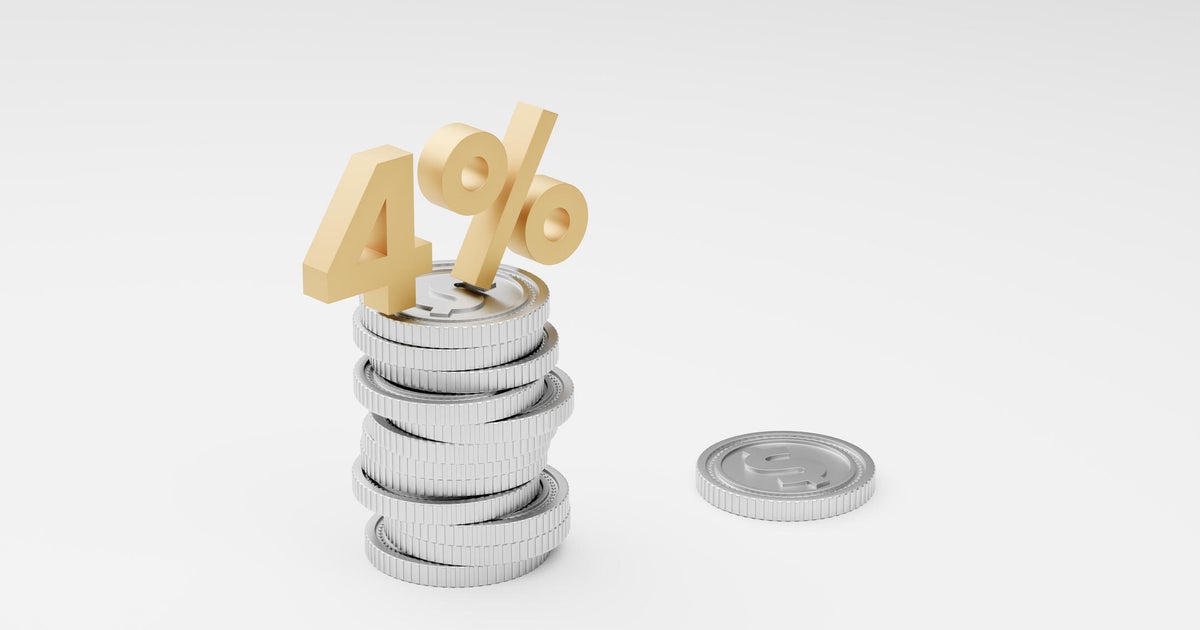Home equity loans vs. personal loans: Which is better?
When you need some extra cash to fund a large expense, you have many options to choose from. Credit cards and personal loans are common ones many people turn to, but they don't always offer the best terms. If you're a homeowner, an alternative worth exploring is your home equity. By drawing from the value you've built in your home, you could secure funding at a much better rate and enjoy some added perks to boot.
That said, home equity financing options like home equity loans and home equity lines of credit (HELOCs) aren't always the right choice. There are important differences between these three products to understand when trying to determine which is best for you.
Start exploring your home equity options here to learn more.
What are home equity loans and HELOCs?
Home equity loans and HELOCs both allow you to access your home equity to pay for any expense you wish.
A home equity loan provides a lump sum, which you begin repaying in monthly installments once you receive your funds. Repayment typically lasts five to 30 years.
A HELOC provides a line of credit you can access as you would a credit card. During the draw period (typically five to 10 years), you can withdraw as much as you like, as often as you like. After the draw period, you begin repaying the amount you borrowed.
Your home acts as collateral with both of these products. That means if you're unable to repay the money you borrowed, you're at risk of losing your home.
See how much you might be able to borrow here.
What is a personal loan?
A personal loan works the same way a home equity loan does: You receive a lump sum you repay monthly starting when you receive the funds. Repayment typically lasts two to five years. Unlike home equity products, personal loans are unsecured, meaning there is no collateral the lender can claim if you default.
Home equity loans vs. personal loans: Which is better?
Home equity loans and HELOCs offer these advantages over personal loans:
- Lower interest rates: Home equity loan and HELOC rates currently average about 7% to 8%. Average personal loan rates, by contrast, are anywhere from 8% to 36%, depending on the lender and your credit score. That can cost you significantly more over the course of repaying the loan.
- Larger borrowing limits: Personal loans are typically capped at $100,000. With a home equity loan or HELOC, you may be able to borrow up to $1 million.
- Tax benefits: You may be able to deduct the interest on a home equity loan or HELOC if you use the funds to make IRS-approved home improvements. "Interest on home equity loans and lines of credit are deductible only if the borrowed funds are used to buy, build, or substantially improve the taxpayer's home that secures the loan," the IRS says. "The loan must be secured by the taxpayer's main home or second home (qualified residence), and meet other requirements."
A personal loan may be a better fit for you if:
- You don't have a lot of home equity: You typically must have 15% to 20% equity in your home to draw from it. Of that equity, you can typically borrow 80% to 85%. Home equity is based on your outstanding mortgage balance and your home's current value. So, if your home has depreciated or you haven't paid off much of the mortgage, you may not be able to borrow much from your equity (if you're able to borrow any).
- You need rapid funding: If you're approved for a personal loan, you could receive the funds as soon as the next business day. Home equity loans and HELOCs, on the other hand, can take anywhere from two weeks to two months to close.
- You only need a small amount: You can get a personal loan for as little as $500. Home equity options generally require borrowing a minimum of $10,000 to $30,000. If you don't need a large amount, there's no point in paying for the additional closing costs and interest that come with home equity options.
- You don't have great credit: If you have poor credit, you'll likely get a higher rate and worse terms than someone with good credit. However, at least you have a chance of getting a personal loan. Lenders typically won't give you a home equity loan or HELOC if your score is in the low 600s or below.
- You don't want to put your home at risk: You should never borrow more than you know you can repay, whichever product you choose. That said, if something derails your finances and you default, your home won't be at risk with a personal loan.
Explore your personal loan options here to learn more.
The bottom line
As with any financial product, it's important to weigh the pros and cons against your needs. Home equity loans, HELOCs and personal loans are all viable financing methods. Which one is right for you depends on your situation and goals. Carefully research your options to determine the best route for you.




